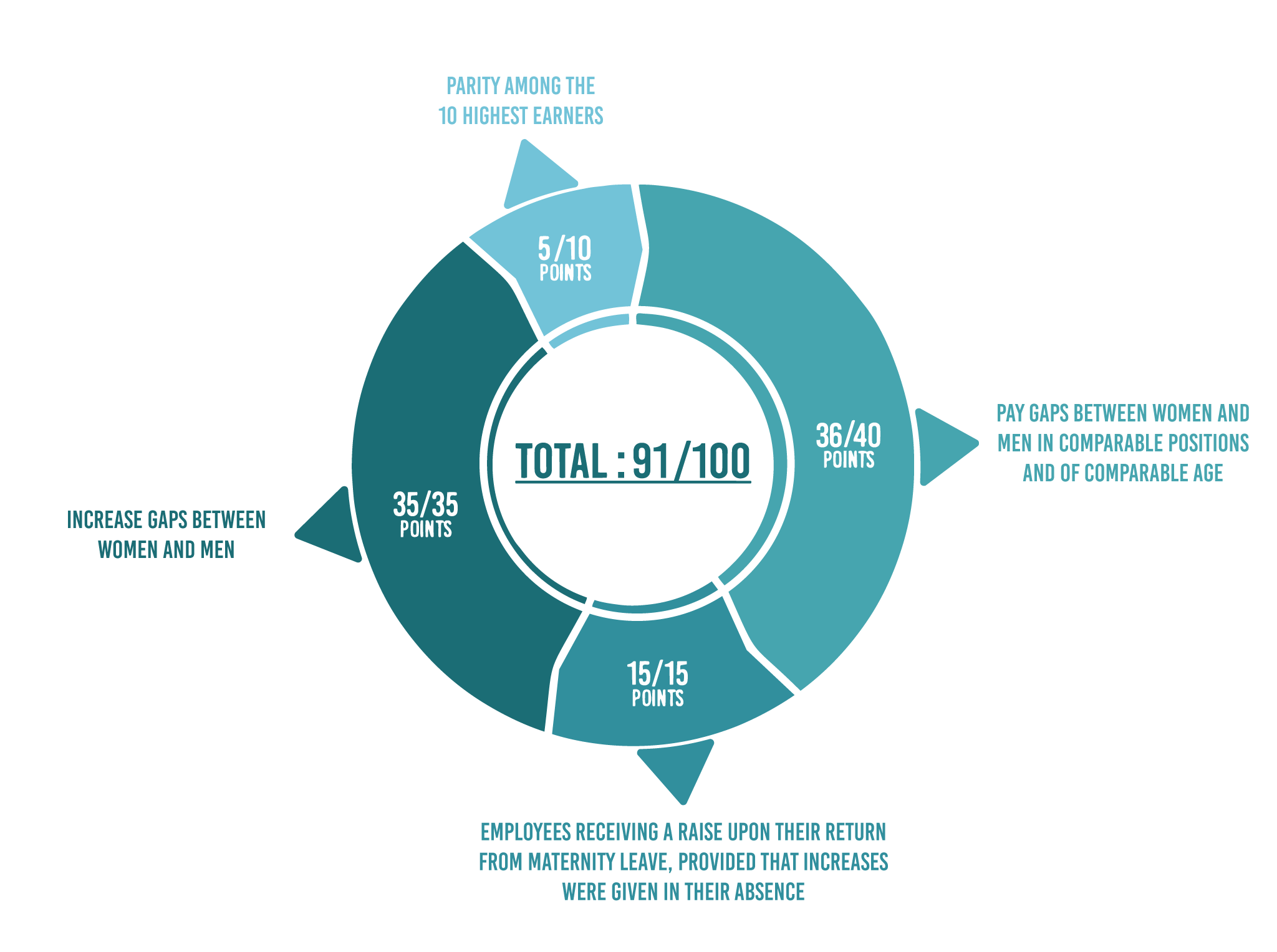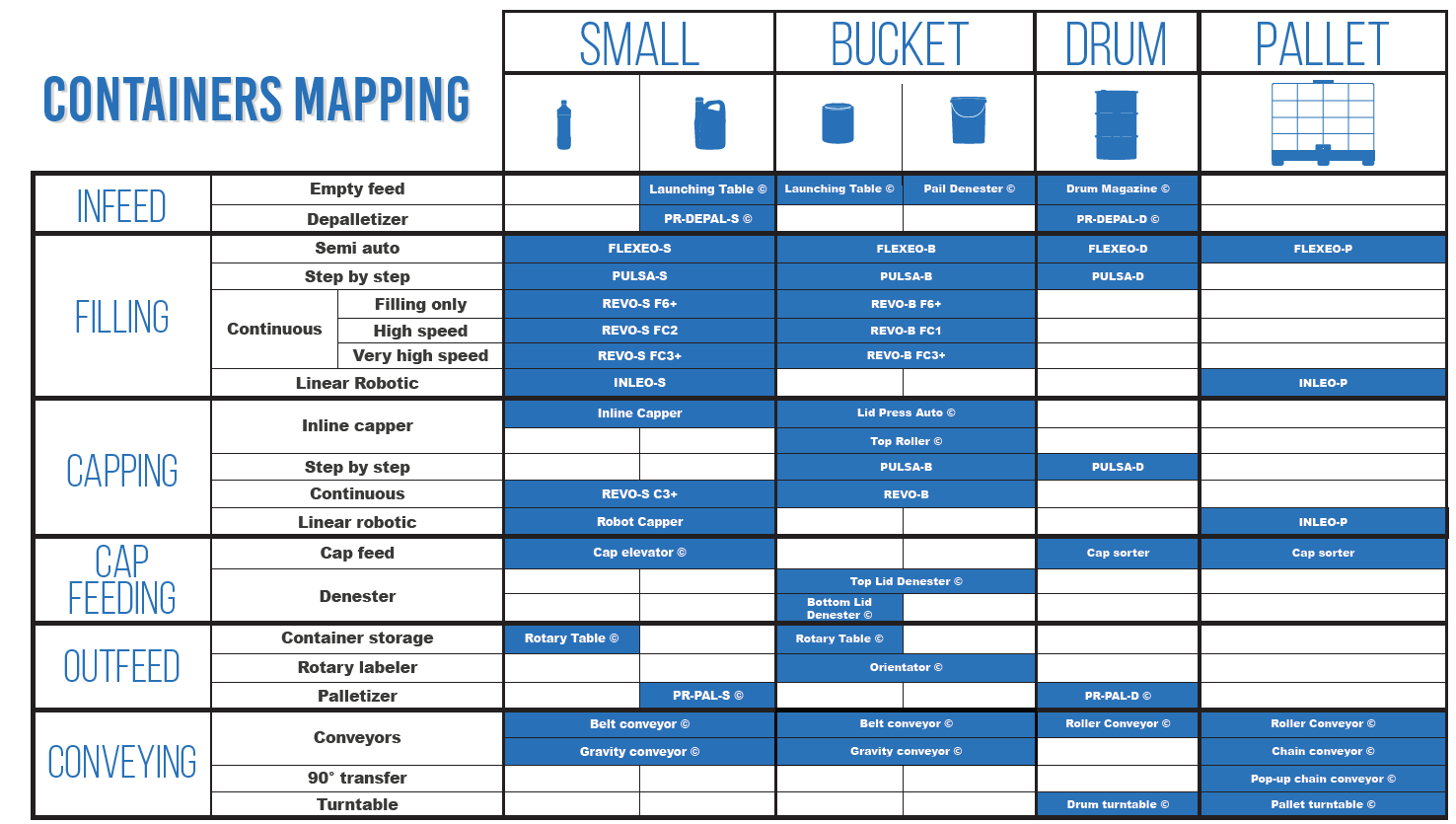Corporate Social Responsibility (CSR): what is it?
Corporate Social Responsibility (CSR) also called Corporate Social Responsibility is defined as “the voluntary integration by companies of social and environmental concerns into their business operations and their interaction with their stakeholders”, according to the European Commission.
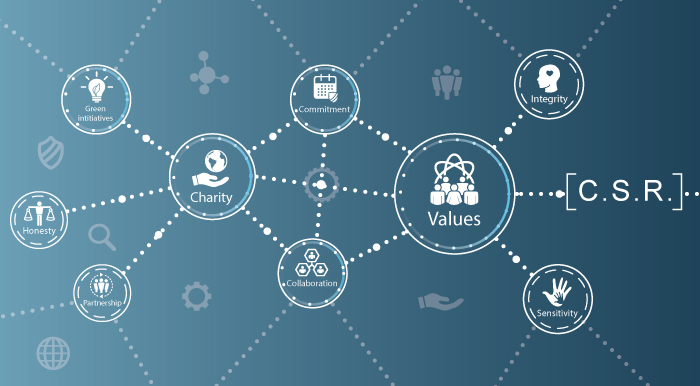
PACK’R is a highly technological company with a vision and anchored values.
The challenges of sustainable development defined by CSR are integrated into the management of our business with the aim of having a positive impact on society.
We also share commitments and behaviors to ensure the well-being of everyone and the future of the company, which must constantly inspire us and guide our actions.
These commitments set out in our ethical charter are notably part of a CSR approach that PACK’R has initiated since 2016. They are articulated around 3 pillars:
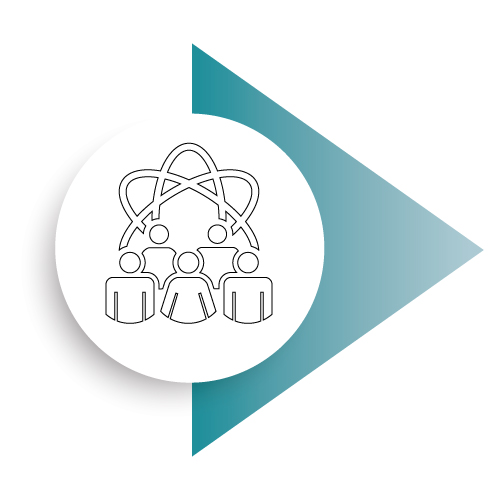
Social and societal commitment
- Ensure the health and safety of everyone
- Respecting people, their privacy and their opinions, refusing intolerance, discrimination, harassment or violence
- Promote dialogue, trust and team spirit
- Recognize know-how, develop skills

Environmental commitment
- Acting to protect the environment by controlling risks, limiting energy concumption and promoting waste recycling.
- Innovate, develop and use technologies likely to limit the environmental impact of our machines, processes and equipment.
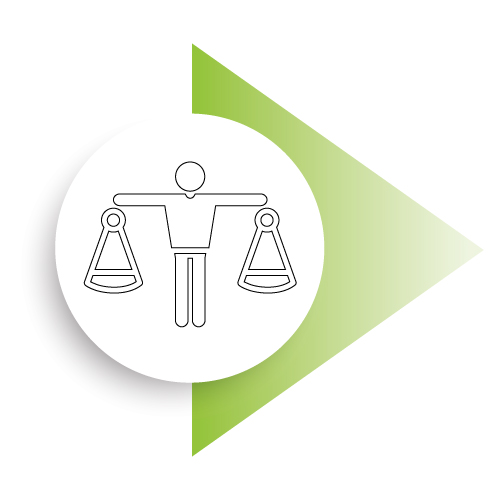
Ethical commitment
- Act with integrity and exemplarity by excluding fraud and corruption in all areas.
- Respect the company’s assests, protect the confidentiality of its information, respect its rules.
- Protect the company’s image with our partners, customers, suppliers, in the media and on social networks.
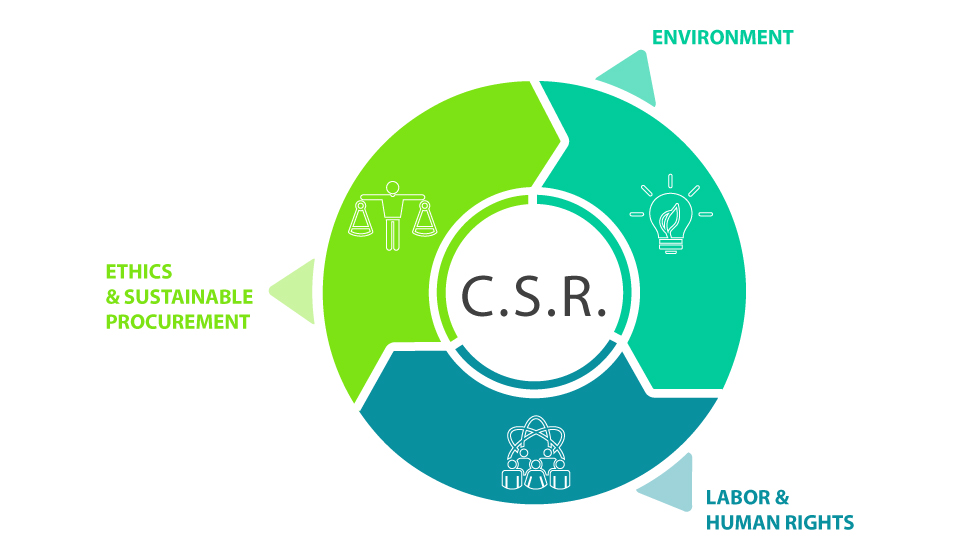
Social and societal commitment
Index of professionnal equality*
The Professional Equality Index is a tool designed to assess companies’ performance in terms of equality between men and women in the workplace. It comprises a number of criteria measuring pay gaps, parity in promotions, access to positions of responsibility, and other aspects of career management. The aim is to foster transparency, encourage companies to reduce inequalities and promote a more inclusive and equitable work culture.
The index is a concrete way of measuring progress and identifying actions to be taken to improve the situation. It enables the company to make an active commitment to professional equality and to meet legal requirements, while contributing to greater internal cohesion.
*For companies with 50 to 250 employees
